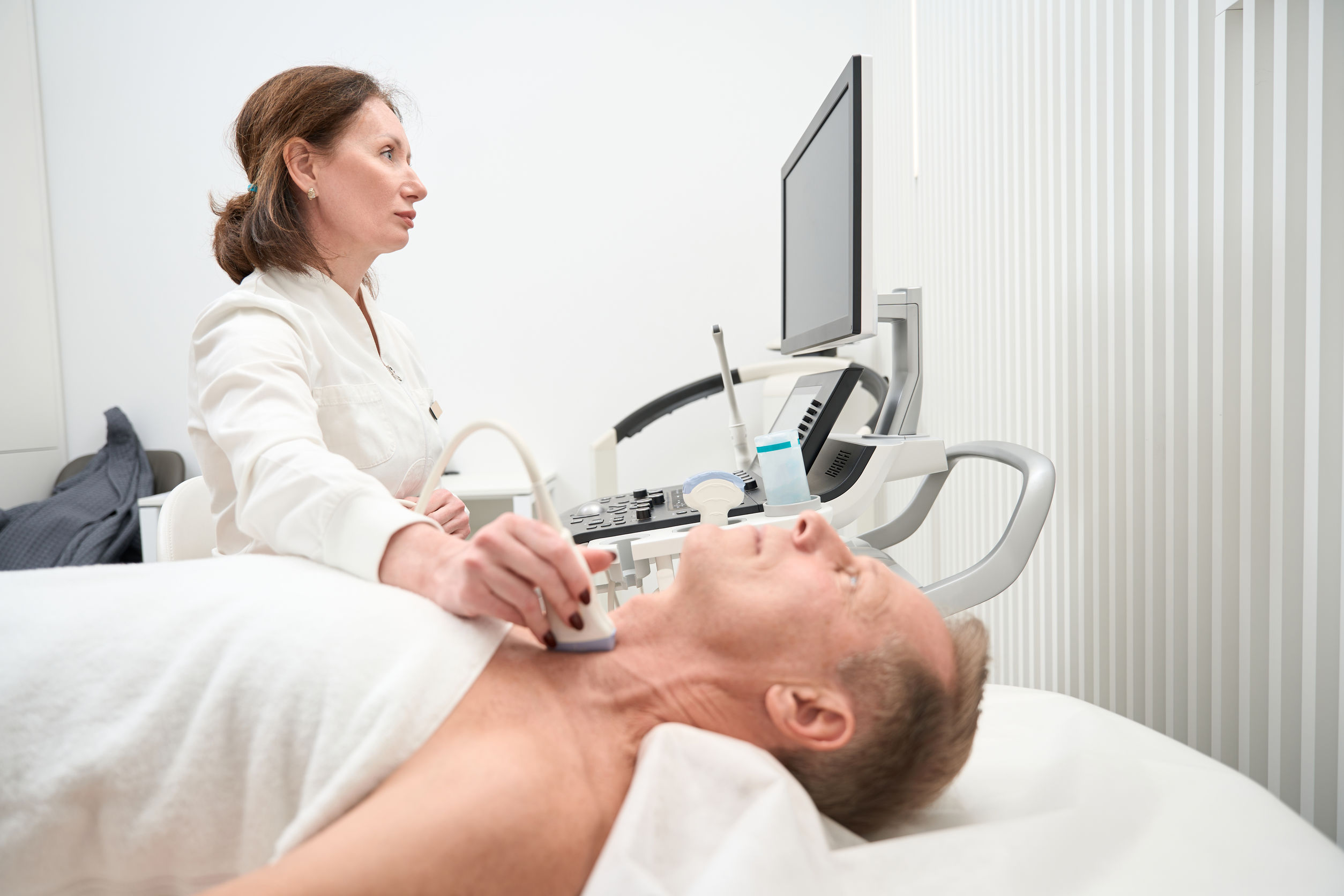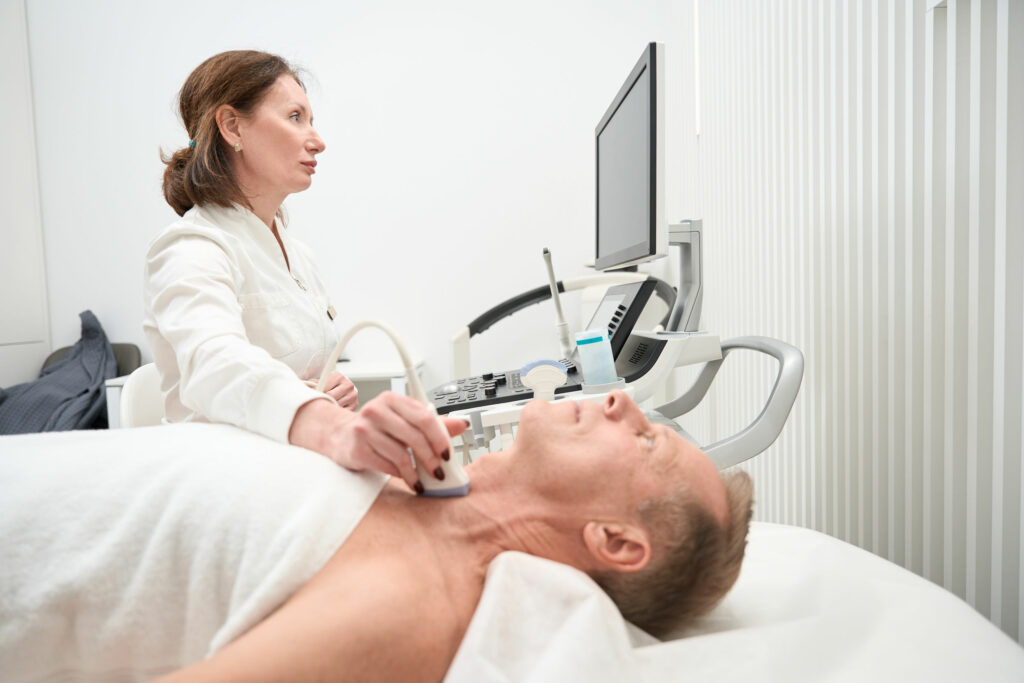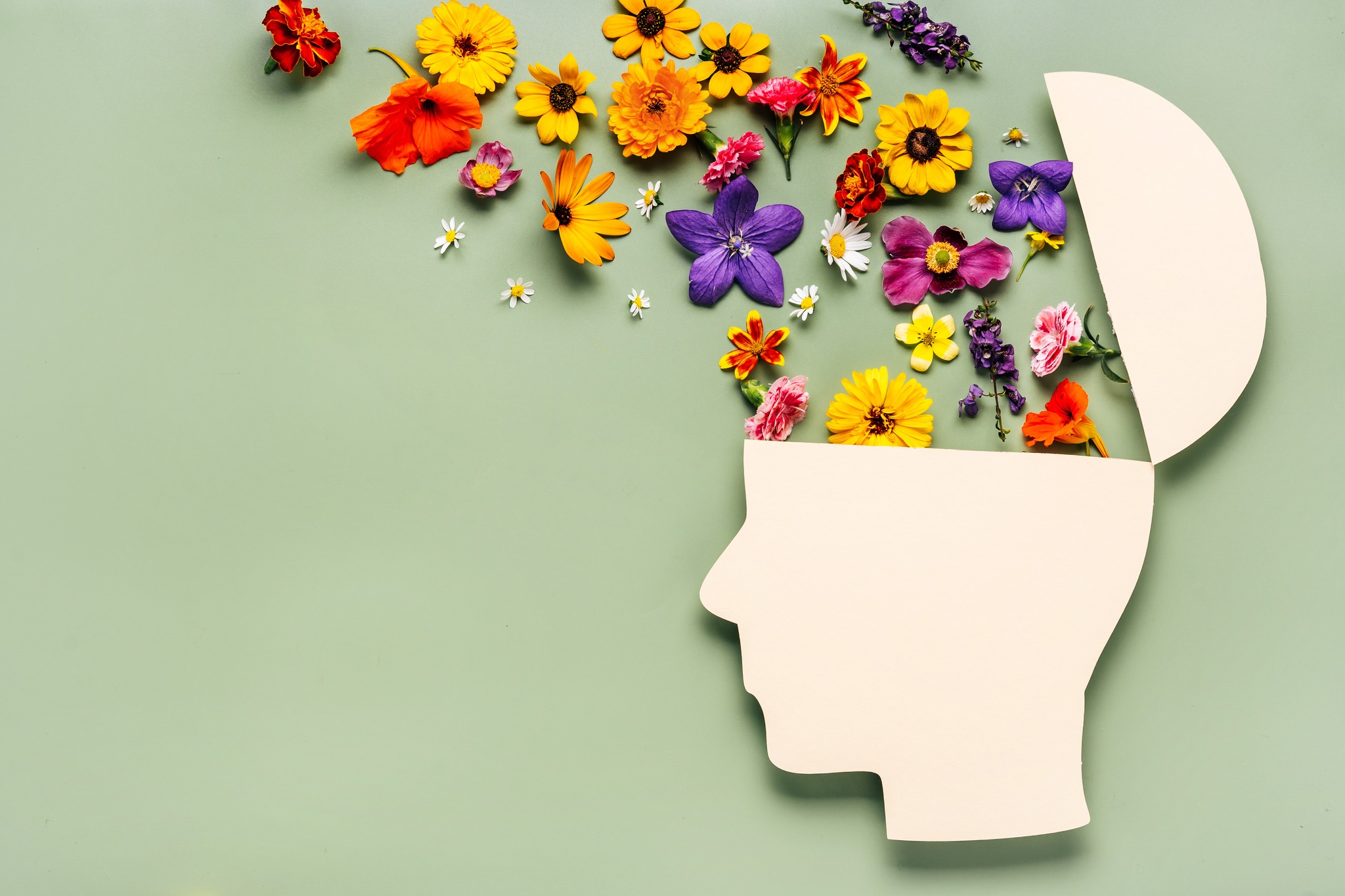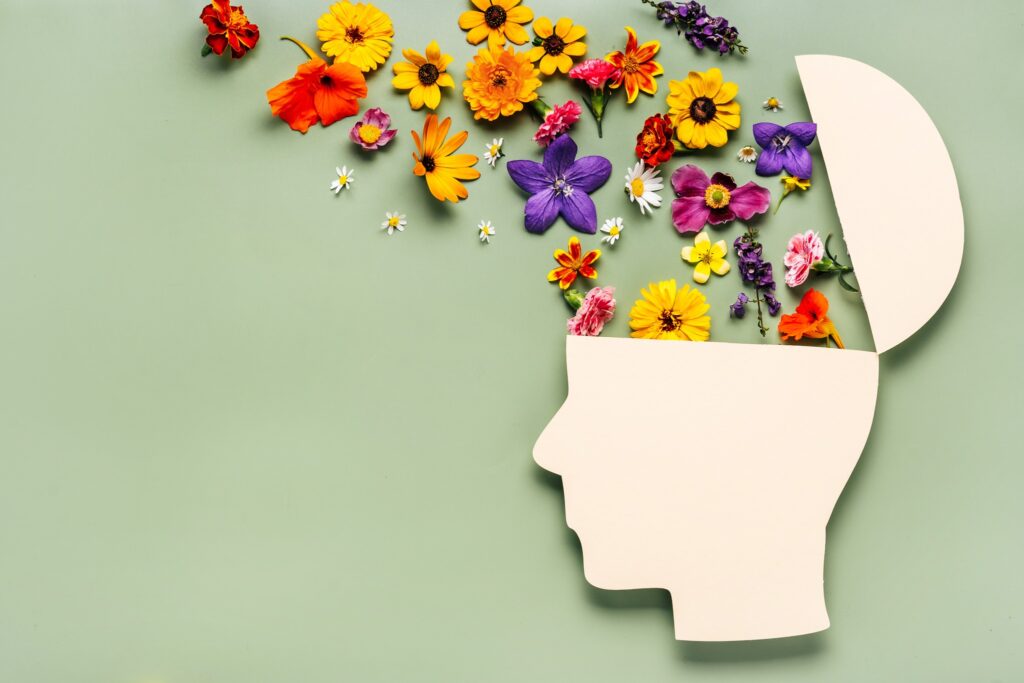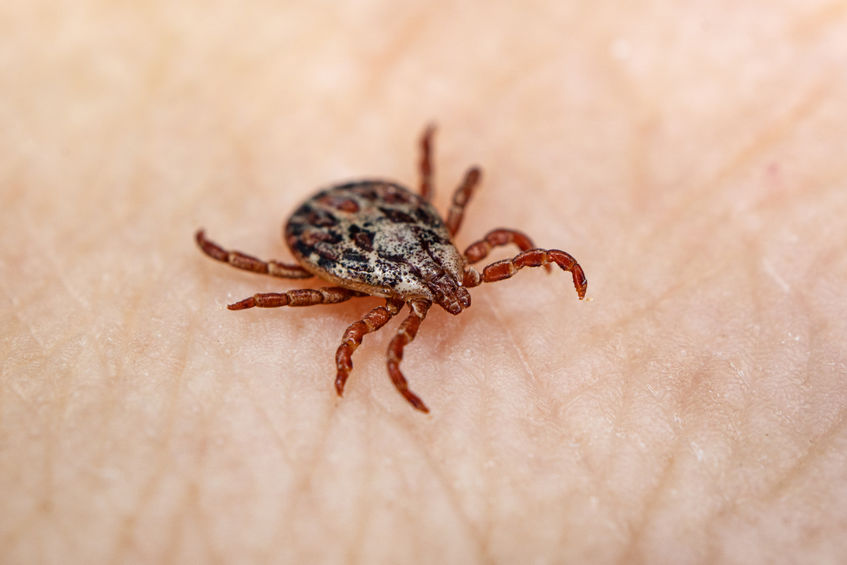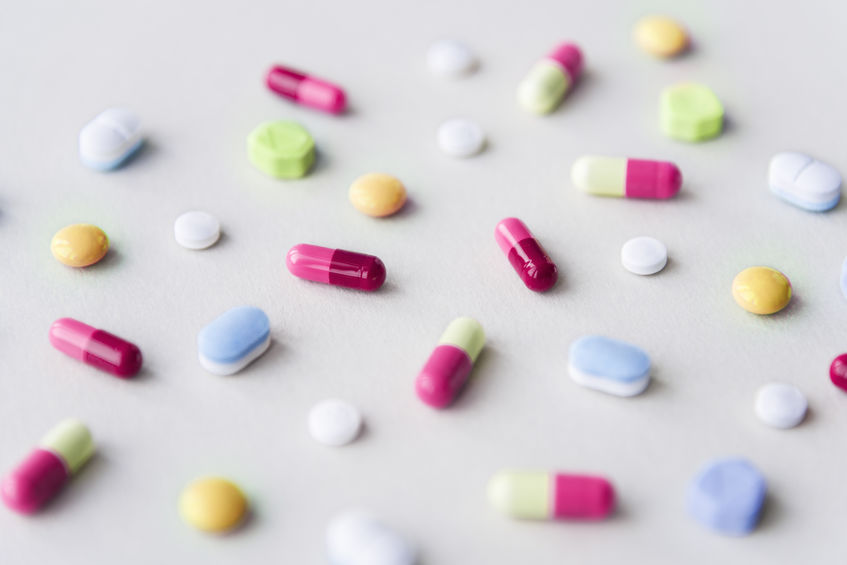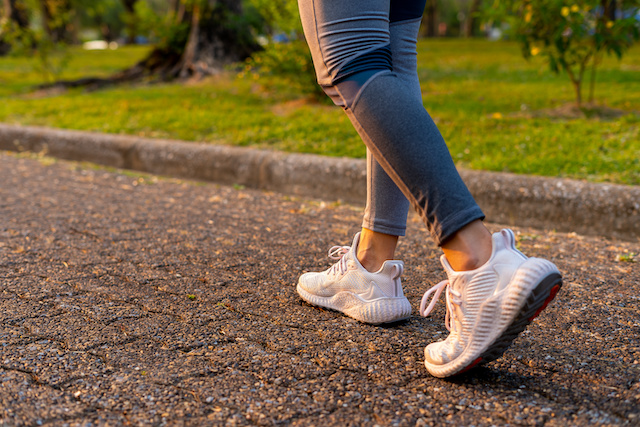The adrenal glands sit on top of the kidneys and make adrenaline (norepinephrine and epinephrine) some testosterone, and finally cortisol (a steroid). When someone is stressed over time, their body goes through three stages of adrenal dysfunction.
Stage 1 is where there is constant stress and the cortisol is high and doesn’t drop down like it’s supposed to. This can make you feel “wired” all the time. It can also make it hard to sleep at night, which will eventually lead to the next stage.
Stage 2 is when you have normal cortisol but other markers like DHEA are dropping, and when stressed, your body doesn’t respond properly. We start seeing problems staying asleep as cortisol spikes at the wrong time and fatigue, especially in the afternoons, starts showing up
Stage 3 This is the last stage and people are just tired almost all the time, especially at 2-3 in the afternoon. You feel “tired but wired” with stress. Your adrenaline production is working, but you are not making cortisol. The body is in a “survive vs. thrive” mindset.
Adrenal fatigue is a self-protection mechanism. You don’t want to drive a car 60 mph in 2nd gear for long, and the body is no different. You have to tell the body it is safe through stress management techniques like meditation and getting at least 8 hours of sleep. Using a saliva cortisol test is helpful to determine where your cortisol is relative to normal so that is a good place to start with a diagnosis. Also, making sure there is no sleep apnea is paramount. Once you have found a cause, there are also supplements that help at each stage.
Stage 1- Adrenal Balancer- This is mainly adaptogenic herbs which work on the brain to calm down the response to stress and help heal the adrenal gland.
Stage 2- Adrenal Assist- more focused on improving your energy while also healing the adrenals.
Stage 3 – Adrenal Power Up- Lots of kick in this one. Recommend taking at awakening, noon, and again at 3 PM. This mimics our natural cortisol cycle and will help get you moving.
Adrenal fatigue, or adrenal dysfunction, is really a brain hormone issue, and the adrenals are not really damaged. It can recover quickly if you follow the above recommendations.






